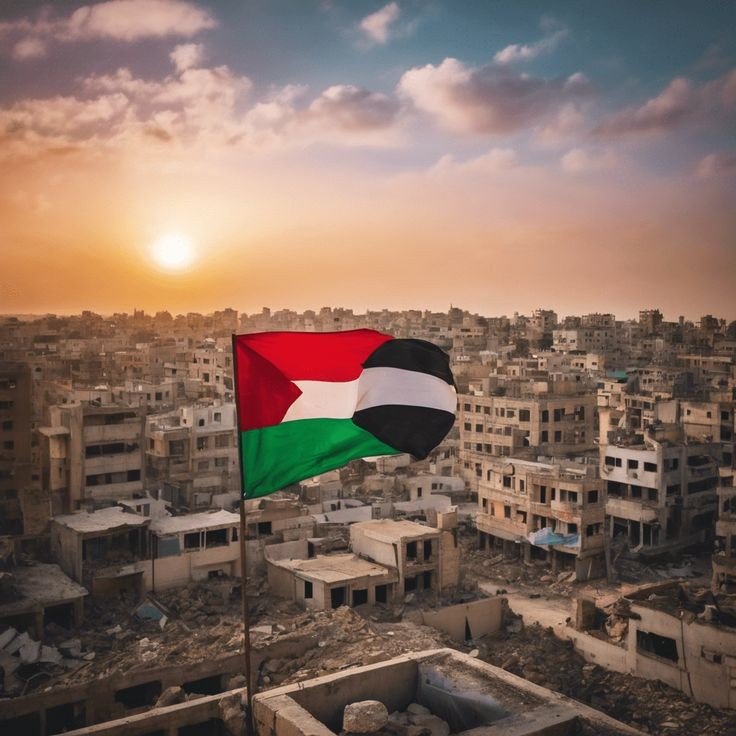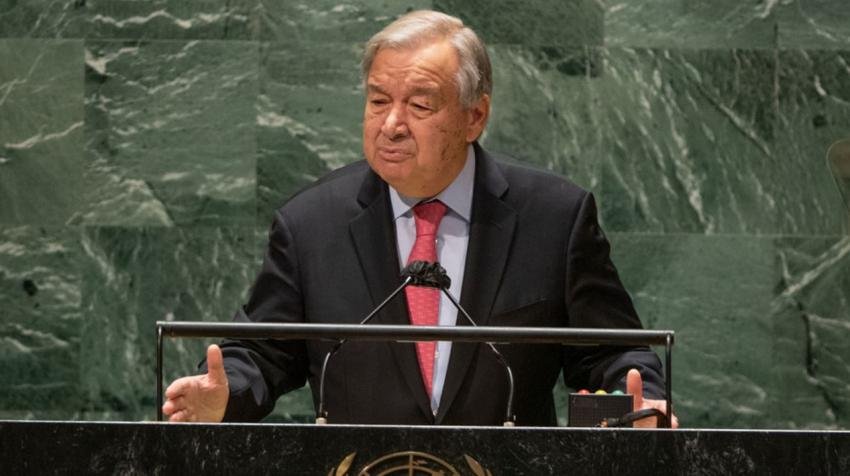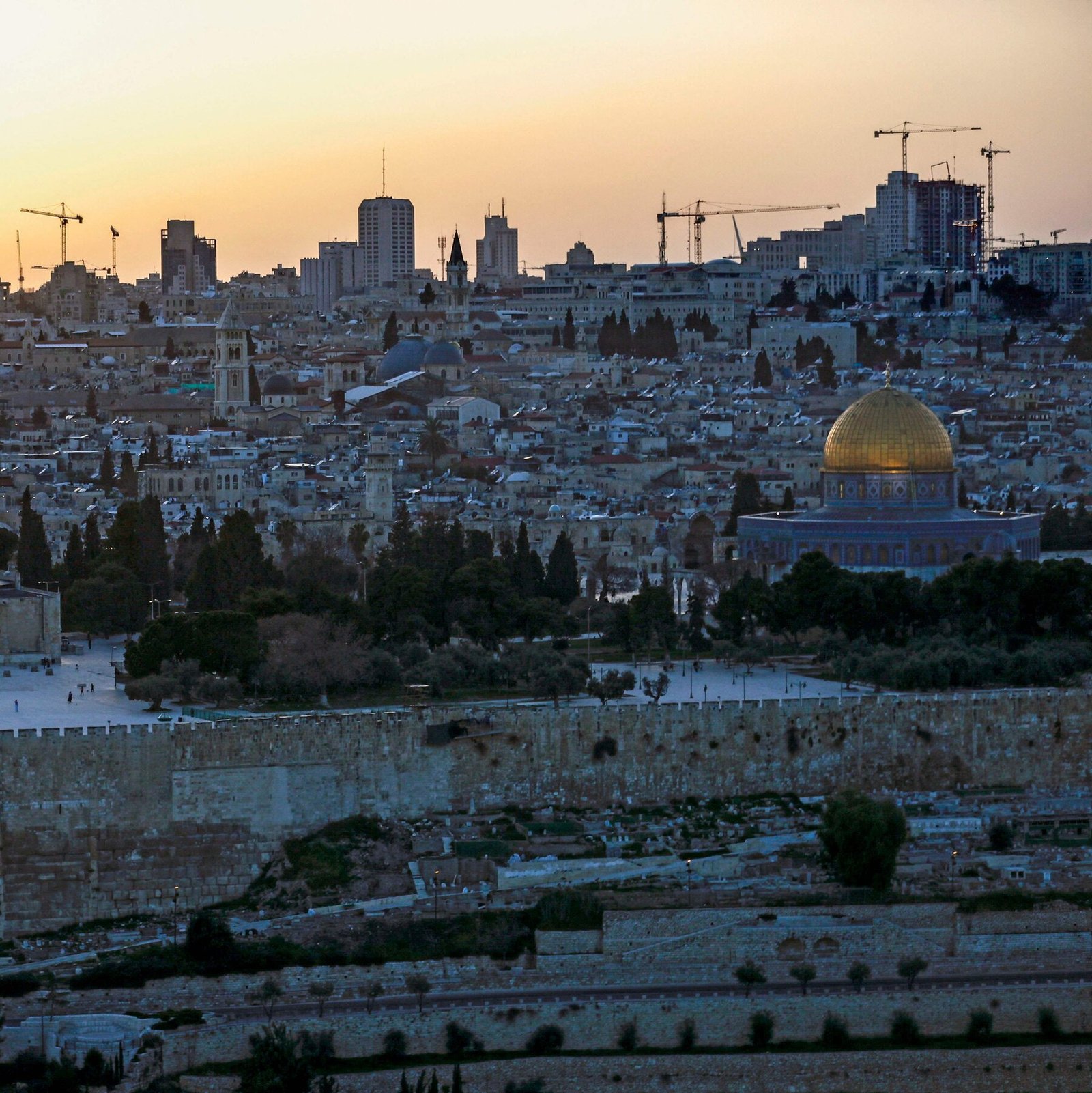The Historical Context of Palestine’s Recognition
The quest for recognition of Palestine as an independent state has been deeply influenced by historical events that span over a century. One of the pivotal moments in this journey was the Balfour Declaration of 1917, which expressed British support for the establishment of a “national home for the Jewish people” in Palestine. This declaration not only ignited tensions between Jewish and Arab communities but also set the stage for the political dynamics that would follow. The aftermath of World War I saw the League of Nations mandate system, which placed Palestine under British control, further complicating the aspirations for Palestinian statehood.
Another significant milestone was the adoption of United Nations Resolution 181 in 1947, which recommended the partition of Palestine into Jewish and Arab states. While the Jewish leadership accepted this plan, the Arab leadership rejected it, leading to the 1948 Arab-Israeli War. The result of this conflict was the establishment of the State of Israel and the displacement of a large number of Palestinians, an event commemorated annually by Palestinians as Nakba or “catastrophe.” The war and its consequences fundamentally influenced the geopolitical landscape, shaping both regional and international perspectives on Palestinian statehood.
Further developments occurred with the Oslo Accords in the 1990s, which marked the first direct negotiations between Israel and the Palestine Liberation Organization (PLO). These accords aimed to establish a framework for achieving peace and recognition, resulting in the limited self-governance of the Palestinian Authority in certain areas. However, the ongoing expansion of Israeli settlements and the lack of a final settlement have hindered progress towards full recognition and independence.
Throughout these decades, various UN resolutions have affirmed the rights of the Palestinian people, yet the international community remains divided. Nations have varied in their support, with some recognizing Palestine as a state while others maintain close ties with Israel. The complexities surrounding Palestine’s quest for statehood reflect not only its historical context but also the intricate web of international relations that continue to influence its recognition.
Regional Actors and Their Political Strategies
The political landscape surrounding Palestine is profoundly influenced by several key regional players, notably Turkey, the United Arab Emirates (UAE), and Egypt. Each of these nations has adopted distinct strategies in their approach to the Palestinian cause, shaped by their national interests, historical ties, and geopolitical calculations. Turkey, under President Recep Tayyip Erdoğan, has emerged as a vocal supporter of Palestinian statehood, leveraging its position to rally support within the Muslim world. This stance is often viewed as part of a broader aspiration to assert Turkey’s influence in the region, emphasizing solidarity with the Palestinians as a core aspect of its foreign policy.
On the other hand, the UAE has taken a more pragmatic approach. The normalization of relations with Israel in 2020 marked a significant shift in its strategy, raising questions about its commitment to the Palestinian cause. The UAE’s leaders argue that this move is aimed at fostering stability and prosperity in the region, with hopes that closer ties with Israel could create opportunities for the Palestinians. However, this position has drawn criticism, suggesting that it prioritizes political maneuvering over genuine support for Palestinian aspirations.
Egypt, a historical player in the Israeli-Palestinian conflict, continues to play a mediating role, balancing its relationships with various factions within Palestine. While it maintains a critical stance towards Israel and has hosted numerous negotiations aimed at achieving peace, Egypt’s strategies are often influenced by its own security concerns and its desire to maintain stability within its borders. Thus, the engagement of these regional actors with Palestine underscores the complexities of Middle Eastern politics, where genuine efforts to support Palestinian statehood coexist with strategic calculations. The motivations behind these interactions illuminate the multifaceted nature of the political dynamics at play, reflecting a diverse tapestry of interests and influences in the region.
The Role of Global Powers and Their Inconsistent Policies
The dynamics surrounding the recognition of Palestine are intricately linked to the actions and policies of global powers, which frequently present a mix of historical context and contemporary political pressures. Countries such as Germany, France, and Italy grapple with their colonial pasts and historical bonds to the region, which often directly influence their stance on the Palestinian issue. For instance, Germany, with its historical responsibilities regarding the Holocaust, has historically prioritized a strong relationship with Israel while being cautious about fully endorsing Palestinian statehood, leading to a dichotomy in their foreign policy approach.
France, on the other hand, has fluctuated in its position, at times advocating for Palestinian rights and at other moments tightening its ties with Israel, particularly in response to national security concerns following attacks attributed to extremist groups. This fluctuation can be largely attributed to internal socio-political contexts, where public opinion and domestic political agendas play crucial roles. Moreover, France’s commitment to a two-state solution has frequently been undermined by shifting party lines and rising populism, which complicates its ability to consistently champion Palestinian recognition.
Italy offers a similar case study, with its historical ties to both Palestinian and Israeli narratives. While Italy has shown support for Palestinian self-determination, pressures from European partners and rising populist movements have led to hesitations in fully endorsing such positions. This inconsistency is indicative of a broader trend where populism influences how countries navigate international alliances and their approach toward complex geopolitical issues. Therefore, these global powers exhibit varied approaches to Palestinian recognition that are often marred by their own political dilemmas and historical legacies, creating a fragmented international response to Palestine’s quest for recognition and statehood.
The Instrumentalization of Palestine in Political Marketing
The recognition of Palestine has undeniably become a prominent topic in international relations, yet it often serves as a strategic component in political marketing campaigns rather than a sincere effort toward establishing statehood. Various governments and political entities utilize the Palestinian cause as a tool to resonate with particular voter demographics or to deflect attention from domestic issues. This approach raises questions concerning the authenticity of their commitment to Palestinian rights and sovereignty.
For many nations, expressing support for Palestine can be a politically expedient maneuver. Leaders may adopt pro-Palestinian rhetoric, framing it as a means to enhance their legitimacy or to consolidate their power by appealing to nationalistic sentiments. Yet, such posturing frequently fails to translate into concrete actions that would fundamentally improve the plight of the Palestinian people. This duality highlights a critical dynamic where genuine intentions are overshadowed by strategic manipulations aimed at achieving short-term political gains.
The implications of this instrumentalization are far-reaching. For one, it may hinder meaningful progress toward a sustainable resolution to the Israeli-Palestinian conflict, as the focus shifts from helping Palestinians achieve self-determination to leveraging their situation for political advantage. Moreover, countries that genuinely aim to assist Palestinians often find themselves contending with a landscape populated by opportunistic actors who dilute the credibility of true advocacy.
The juxtaposition of supportive countries that engage with Palestinians on various fronts (humanitarian aid, development, diplomacy) against those that exploit the situation for domestic political marketing underscores the broader complexities surrounding genuine change. While sincere efforts remain crucial for achieving long-term peace and stability in the region, the prevalence of political marketing reflects a reality where the struggles of the Palestinian people may continue to be used as a pawn in a larger game of political chess.




